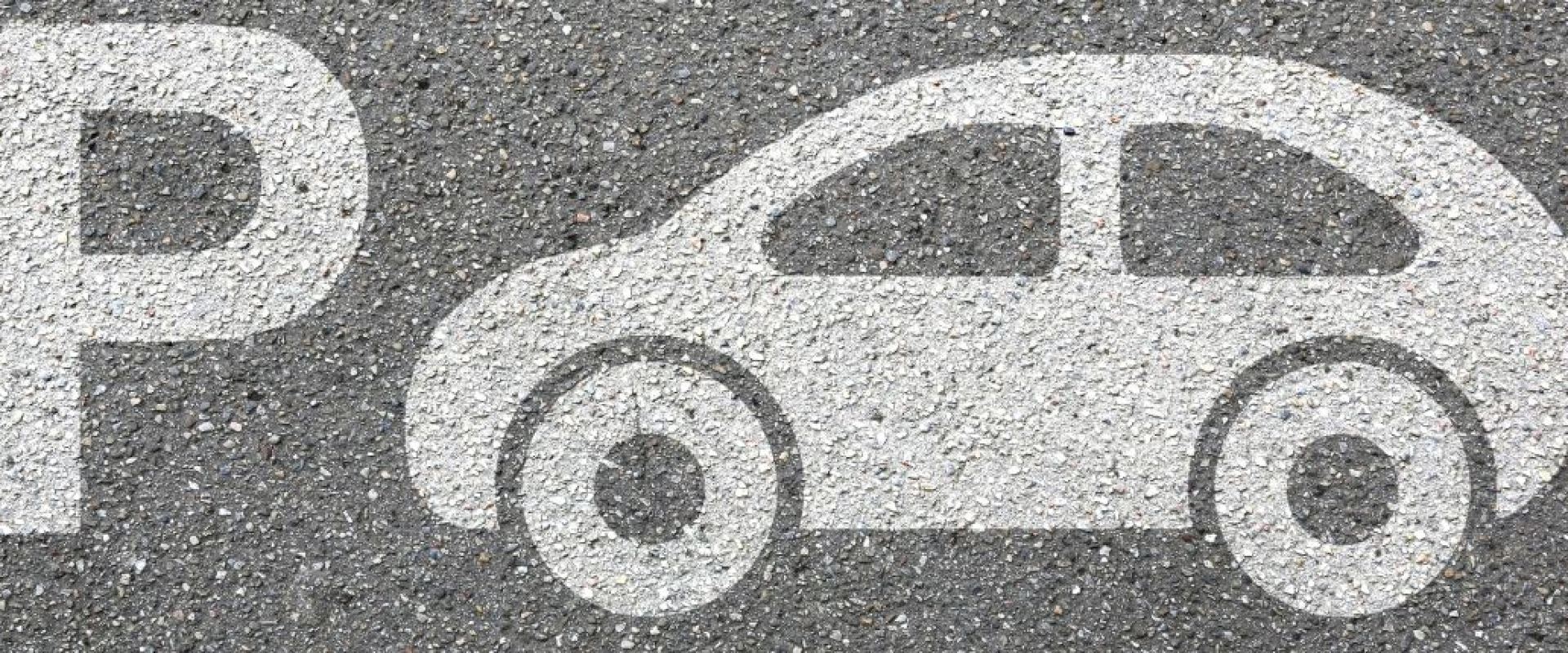

If your driver’s license was issued in the European Union or the European Economic Area you are not required to carry a translation of the driver's license with you, and your national driver's license remains valid in Germany until it expires.
If your driver’s license wasn’t issued in the European Union or the European Economic Area, your driver's license is valid for 6 months from the date of your arrival in Germany. For a driver’s license issued in a language other than German or English, carrying a translation of the driver’s license is mandatory. If you wish to continue driving after your initial 6 months in Germany, you will need to convert your license to a German driver's license.
How your license can be converted to a German license depends on the country from which your driver's license was issued.
The processing time for conversion of your driver's license varies and can take around 8 weeks to complete. This extends to around 12 weeks if you have to take a theoretical and/or practical test.
For more information about the conversion of your driver's license, please contact the District Office (Landratsamt).
The International Driving Permit is issued by the driver's license agency in your country of residence and is valid for up to 3 years, but expires as soon as your regular driver's license does.
If you have a driver's license for cars, it does not automatically allow you to ride a motorcycle in Germany. If you would like to ride a motorcycle you will need a special motorcycle-class license. Check here for an overview of the different license classes in Germany.
If your stay in Germany will be for less than a year, you will not need to register your car here.
If you will be staying for more than one year, car registration is mandatory. In Tübingen, you can do this at the District Office.
The following documents will be required to complete your registration:
The registration fee is about 28 - 54 EUR.
If you will be staying in Germany for more than one year, you will need to pay car tax (KFZ-Steuer). The amount depends on the kind of car you drive. When registering your car, you can fill in a direct debit authorization form for collecting the tax.
You must also have valid car insurance. Different types of insurance are available: There is full comprehensive (Vollkasko; covering damage to your own car as well as other cars or a person or object). This provides good cover, but can be quite pricy. Another option is partial coverage (Teilkasko; covering fire, theft, damage to the windshield, damage due to severe weather or animals, etc.). While the basic fee is cheaper than Vollkasko, Teilkasko usually comes with deductibles.
Another requirement for driving your own car in Germany is passing the mandatory car inspection (Hauptuntersuchung/HU) every other year. This kind of inspection is provided by TÜV, DEKRA, KÜS and GTÜ.
In order to ensure good air quality, several cities in Germany have instituted so-called environmental zones. While Tübingen is no longer one of these cities due to improved air quality, to ensure that you can drive in areas such as Stuttgart, your car will need an environmental badge certifying that your car is sufficiently environmentally friendly. There are several ways to get a badge:
There are several car rental companies in Tübingen.
Car rental companies in Tübingen
There are also some car sharing providers. The fee is usually calculated based on how many hours/days you rented the car as well as kilometers driven. In order to use their cars, you must become a member of the car sharing association and pay a small annual membership fee.
Please contact your personal support whenever you have further questions.

Tübingen is a special place for research. Very few locations offer such a wide range of research areas in such close proximity - both physically and figuratively. Not only are all of Tübingen's research institutions just a stone's throw away from each other, they also collaborate closely within the Tübingen Research Campus.
Visit page
Life in Tübingen is life in the heart of Europe and in one of Germany's most scenic and economically competitive regions. It's a bustling mediaeval town with a young, international, and vibrant population and a rich cultural and artistic scene. Lectures, concerts, film festivals, and more: life in Tübingen never gets boring.
Visit page
The Neurosciences in Tübingen with more than 100 active research groups have the potential to rank among the most successful neuroscientific sites in Europe.
Visit page